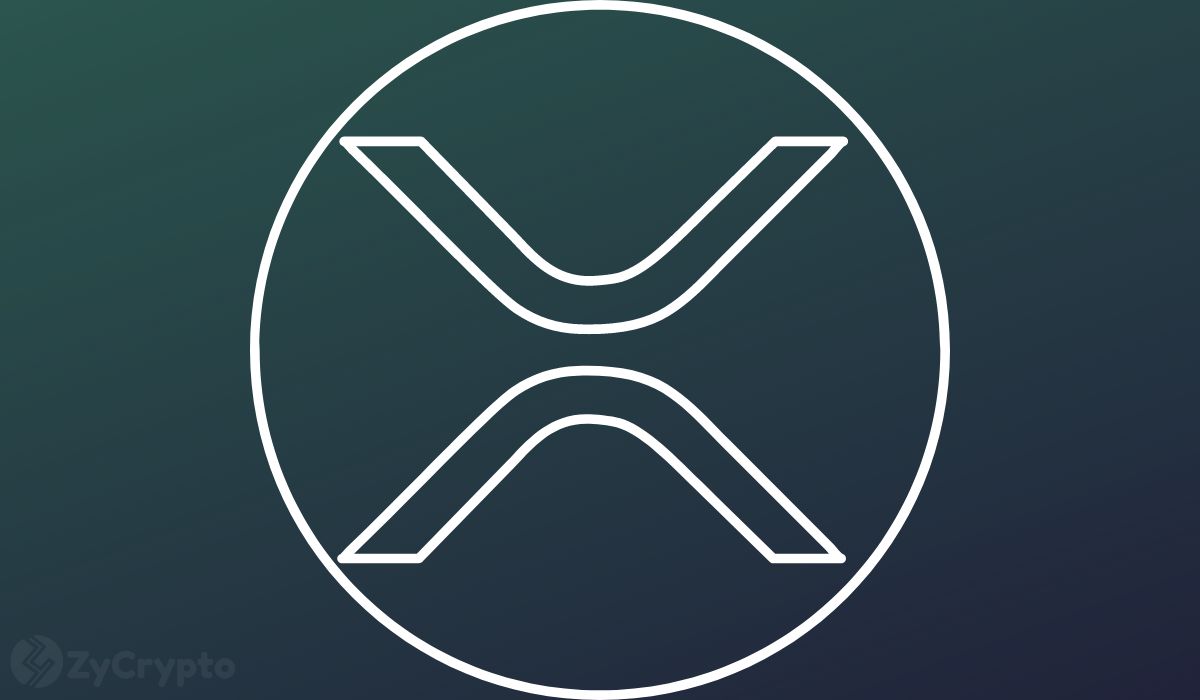Ripple Labs has defended itself against the US Securities and Exchange Commission (SEC) for years in a case that could define the crypto industry just like the often-cited Howey case—the SEC alleged that Ripple and its executives Brad Garlinghouse and Chris Larsen had sold XRP as an unregistered security. Now it seems Ripple has to fight not only the SEC but also media misinformation, as many big news outlets reported that the SEC was appealing the ruling that XRP is not a security.
What Does Judge Torres’ Ruling Mean?
Judge Analisa Torres of the United States District Court for the Southern District of New York said in her July ruling that XRP in and of itself was not necessarily a security. She also granted the SEC request pertaining to sales of XRP qualifying as securities transactions, namely to institutional investors. Judge Torres stated that approximately $728.9 million of those XRP sold meet the criteria of securities, citing the ‘presence of a common enterprise and an expectation of profit’.
Both Judge Torres in the SEC vs Ripple case and Judge Rakoff in the Terra-Luna case agreed that the mere existence of an asset does not make it a security by itself, but rather the promise to grow and share profits from an asset turns it into a security. Rakoff also agreed with Torres that an agreement between parties is essential for an investment contract.
During the case, the SEC stated that all XRP sales are securities since the XRP coin itself “embodies” all of Ripple’s promises ever made to any buyer, even if it was just one single buyer. This differentiation was one of the key battles in this case.
What the Latest SEC Filing is And What it isn’t
Now, even the SEC itself is changing its language, no longer calling cryptocurrencies digital asset securities, as the recent filing states: “The SEC did not argue here or in Terraform that the asset underlying those investment contracts were necessarily a security (and the SEC does not seek appellate review of any holding relating to the fact that the underlying assets here are nothing but computer code with no inherent value).”
Regarding the current filing the SEC has made, this is entirely regarding the SEC asking for an expedited appeal about the defendant’s programmatic and other sales and not about the token XRP itself. The SEC is asking Judge Torres to allow the SEC to make an early appeal with the 2nd Circuit Court of Appeals, also called an interlocutory appeal.
Notably, the filing is not an appeal and Judge Torres has not granted this motion. It will, however, allow her to explain in detail her reasoning while addressing what Judge Rakoff said.
In legal cases, the losing party can usually appeal unfavourable decisions after the case ends. The SEC says an early appeal is needed because the Ripple case is relevant to other pending cases. Usually, appeals wait till the case ceases to avoid delays. Ripple disagrees with the SEC saying no exception is needed, while Brad Garlinghouse and Chris Larsen say that even if an appeal is granted, the case and appeal can run together.
The ‘case’ refers to whether Garlinghouse and Larsen ‘aided and abetted’ Ripple’s violation of securities laws. This issue is scheduled to go before a jury in 2024.


